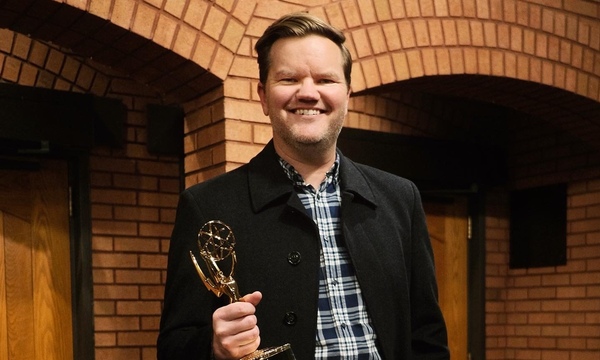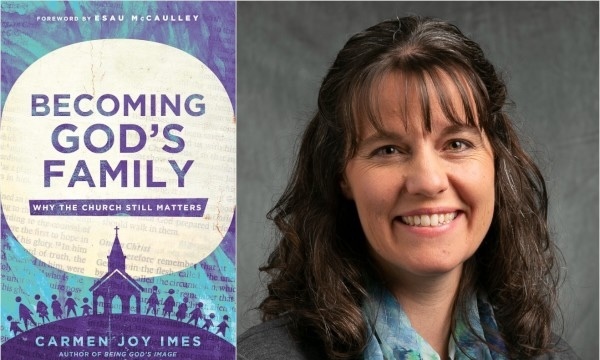Doug Geivett, Biola University professor of philosophy, recently released a new book titled “Being Good: Christian Virtues for Everyday Life.” The volume defines morality from a biblical perspective and explores practical ways Christians can apply these values to their personal lives. Every chapter unpacks a different quality such as love, hope, humility, faith, zeal, open-mindedness and forgiveness. Discussion questions at the conclusion of each segment allow the reader to further examine and reflect on each concept.
Geivett was one of twelve prominent Christian philosophers and distinguished scholars who contributed to the book, delving into the theological and philosophical backgrounds and definitions then outlining the practical implications of each quality. Mike Austin, a Talbot School of Theology alumnus, co-edited this book with Geivett and the writers include Biola professors David Horner and Steve Porter, another Talbot alumnus David Turner, as well as ten other accomplished academics from across the United States and Great Britain.
The authors define and expand on each topic from perceived necessity.
“A survey of preaching, teaching, and literature on Christian ethics reveals remarkable neglect of the virtues, character traits that are essential to moral excellence and Christ-likeness,” Geivett said.
Geivett added that the book is intended to be individually and communally transformative. It may challenge the basic assumptions and pre-conceived notions many Christian and non-Christian readers might believe when they begin to look more deeply at the various virtues presented from a unique point of view.
“Christian community and Christian witness will only please God if individual believers are pleasing to God in their habits of life and mind. And these are rooted in character,” Geivett said in regards to the relevance of pursuing a better knowledge of these principles and applying it to daily life. “We are far too satisfied with the appearance of virtue without real evidence of actual virtue in our dealings with one another.”
Geivett believes most people today agree being good and living in societal harmony is vital for peace and important for personal character. However, he contends that many biblical virtues have been misunderstood, mistakenly distrusted and ignored. Geivett thinks clarifying these errant understandings may in fact cure many of the issues plaguing the current culture.
The Evangelical Philosophical Society (EPS) is also featuring a web series on the chapter topics furthering the discussion that Geivett and Austin start in their book on the EPS website. The book's contributors highlight the values they wrote on to a broader context of literature.
Written by Jessica Airey, Media Relations Intern. For more information, contact Jenna Bartlo, Media Relations Coordinator, at 562.777.4061 or at jenna.l.bartlo@biola.edu.
 Biola University
Biola University
.jpg)

